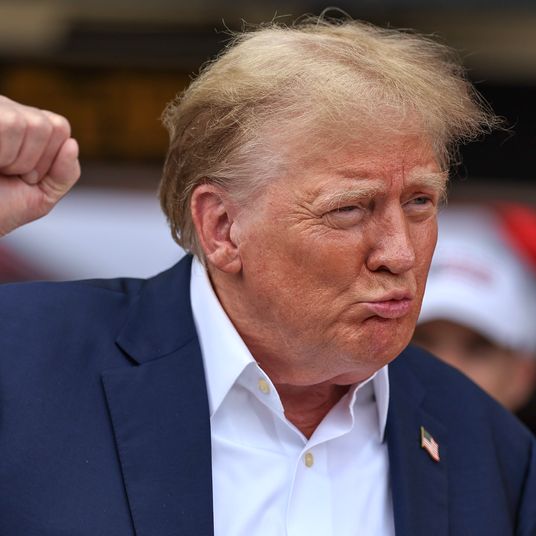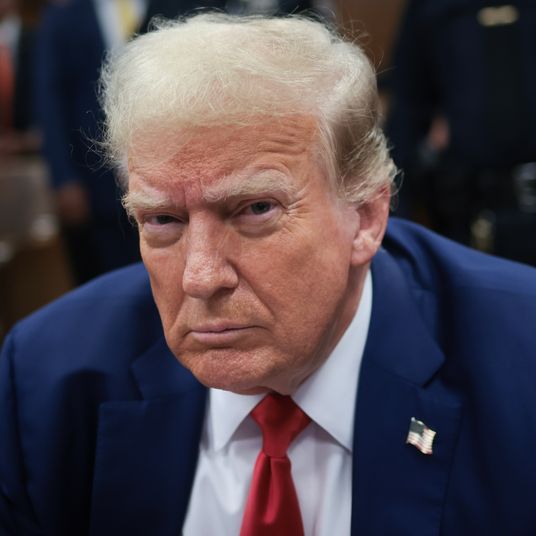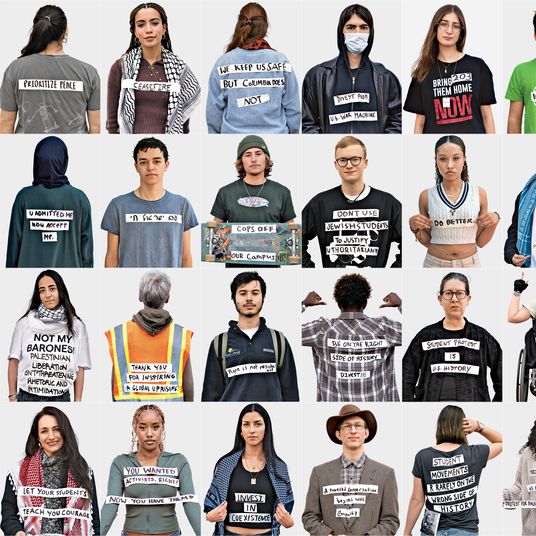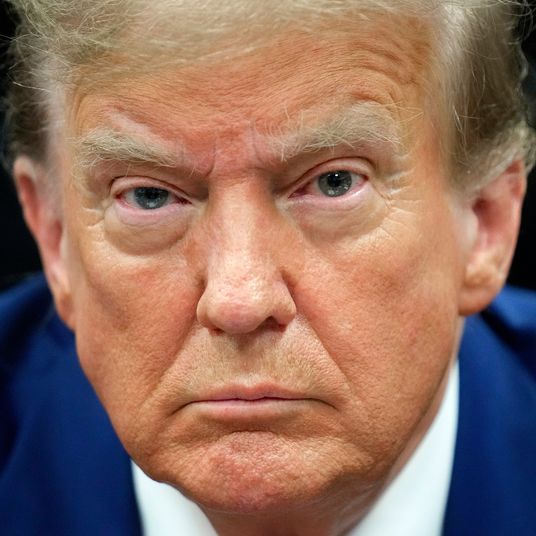The brief Senate debate over voting rights was treated as an anticlimax, chiefly because its bottom-line result — fewer than ten Republican senators, and as it turned out zero, voting to break a filibuster — was never in doubt. But the preordained outcome may have hidden a surprising and even shocking message contained in the rhetoric used by Republican opponents. The entire party grounded its opposition in the principle of states’ rights.
The Senate bill, insisted Mitch McConnell, is “an assault on the fundamental idea that states, not the federal government, should decide how to run their own elections.” Importantly, his entire caucus, including the handful of moderates, repeated the same message in the same terms. The bill “would take away the rights of people in each of the 50 states to determine which election rules work best for their citizens,” complained Susan Collins. “I am not going to detail state-by-state where they may have overstepped or not have overstepped or actually improved in terms of access to voting rights,” said Lisa Murkowski. “I’m a federal senator. I’m not going to tell a state what they should do,” echoed Mitt Romney.
“The fundamental idea that states, not the federal government, should decide how to run their own elections” is indeed a very old idea, but it is not one enshrined in the Constitution. Article I, Section 4 of the Constitution grants Congress authority to regulate elections. That authority was the basis for the Civil Rights Acts of 1957 and 1964, the Voting Rights Act of 1965, and the Department of Justice’s decades-long role enforcing voting rights in the states.
States’ rights, of course, has been the chief principled basis for the white South to repress its Black population since the 19th century. States’ rights may not be an inherently racist idea — one can certainly come up with arguments to privilege state authority in a given situation that don’t contain racist arguments or compel racist outcomes — but it lends itself conveniently to such purposes. States’ rights was the most common rationale for maintaining slavery, for rejecting any federal protection for formerly enslaved people after the Civil War, and to reject civil-rights bills in the 20th century.
National Review’s 1965 cover story attacking the Voting Rights Act, “Must We Repeal the Constitution to Give the Negro the Vote?,” argued that the law “strikes with the brute and clumsy force of a wrecking ball at the very foundations of American federalism.” (The story is not online; historian Joshua Tait shared his research with me.) These arguments are identical in principle to the ones being used by Republicans on the Senate floor today.
To be sure, the methods of vote suppression used by white Southern Republicans today are considerably milder now than those employed by white Southern Democrats in the past. That hardly renders them perfectly innocent. Republican-controlled states have deliberately imposed restrictions on the timing of, and requirements for, casting the vote with the goal of reducing Black participation. A federal judge, citing internal Republican emails proving the North Carolina party sought out racial data to guide its vote-suppression bill, concluded that the state targeted “African Americans with almost surgical precision.”
Republicans have quibbled with aspects of the Democratic voting-rights bill, but when Joe Manchin proposed to meet their objections — even giving ground on the requirement for voter ID — Republicans showed no interest in compromise. After Manchin proposed letting voters who don’t own a photo identification use a utility bill, The Wall Street Journal (which closely tracks McConnell’s views on nearly everything) devoted an entire editorial to shooting it down, on the grounds that “Anyone with a color printer can forge a utility bill.” (Forging the logo and precise layout contours of a utility bill on my home printer strikes me as a complex task, but maybe Journal editorial writers have more advanced document-forging skills.)
The purpose of McConnell’s states’ rights gambit is to render this kind of quibbling unnecessary. Republicans won’t get sucked into litigating case-by-case defenses of every Republican scheme to make voting harder for Democratic constituencies. They can simply ground their opposition in the global principle that states enjoy an absolute right to design voting laws however they please.
Notably, this principle not only denies that existing Republican laws to restrict the franchise are unfair, but even that any such laws could ever be unfair. The idea “that somehow or another that we can’t count on states to conduct elections right or fairly is a premise that I have a problem with,” Murkowski blurted out. All these voting laws, written entirely by Republicans, many of them open supporters of Donald Trump’s lies that he won the election, enjoy the presumption of good faith by their national GOP colleagues.
Why would state-level Republicans ever design voting restrictions for any purpose other than the fairest possible election process? What motive could they have? The presumptive naïveté boggles the mind.
Obviously, Senate Republicans grasp the situation perfectly well. It’s not that they lack the imagination for how their state-level colleagues might be tempted to rig voting laws to burden minorities; they simply do not consider it a problem. The message of their states’ rights rhetoric is to rule out any federal voting protection tout court. And they have given a green light to every Republican state to go as far as they want; the federal government, having tied its own hands with the filibuster, will do nothing to stop them.





























